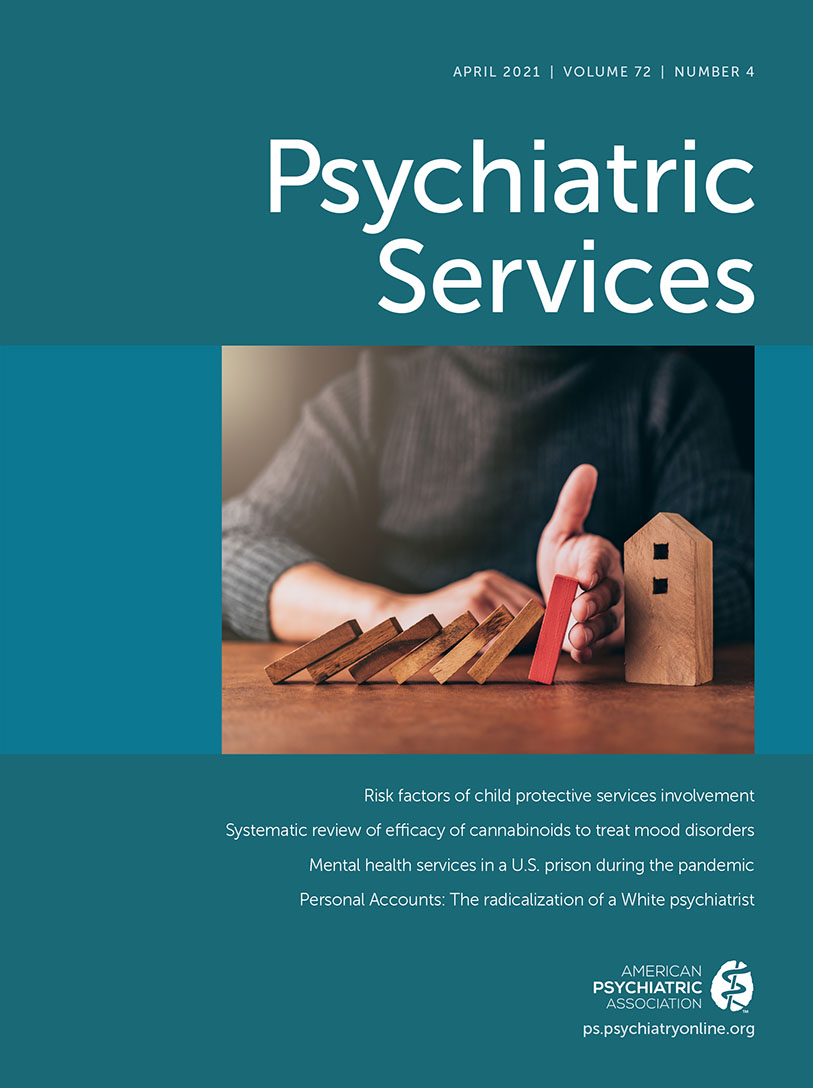Mental Health and Psychosocial Characteristics Associated With COVID-19 Among U.S. Adults
Abstract
Objective:
This study examined psychosocial and mental health characteristics associated with COVID-19 infection.
Methods:
An online survey that asked about COVID-19 status, social support, and mental health was used to recruit a national sample of 6,607 low- and middle-income adults; 354 reported a positive COVID-19 test, 1,819 reported a negative test, and 4,434 reported not being tested in May or June 2020.
Results:
Psychiatric history and current social support and mental health were not statistically significantly associated with testing positive for COVID-19 after analyses controlled for other characteristics. In order of magnitude, having any friends or family who had COVID-19, being a veteran, having a greater number of close friends or relatives, having any history of homelessness, having an advanced degree, or being a student was significantly associated with testing positive for COVID-19.
Conclusions:
Clinical risk for COVID-19 infection and the medical needs of veterans and of unstably housed populations should be considered.



